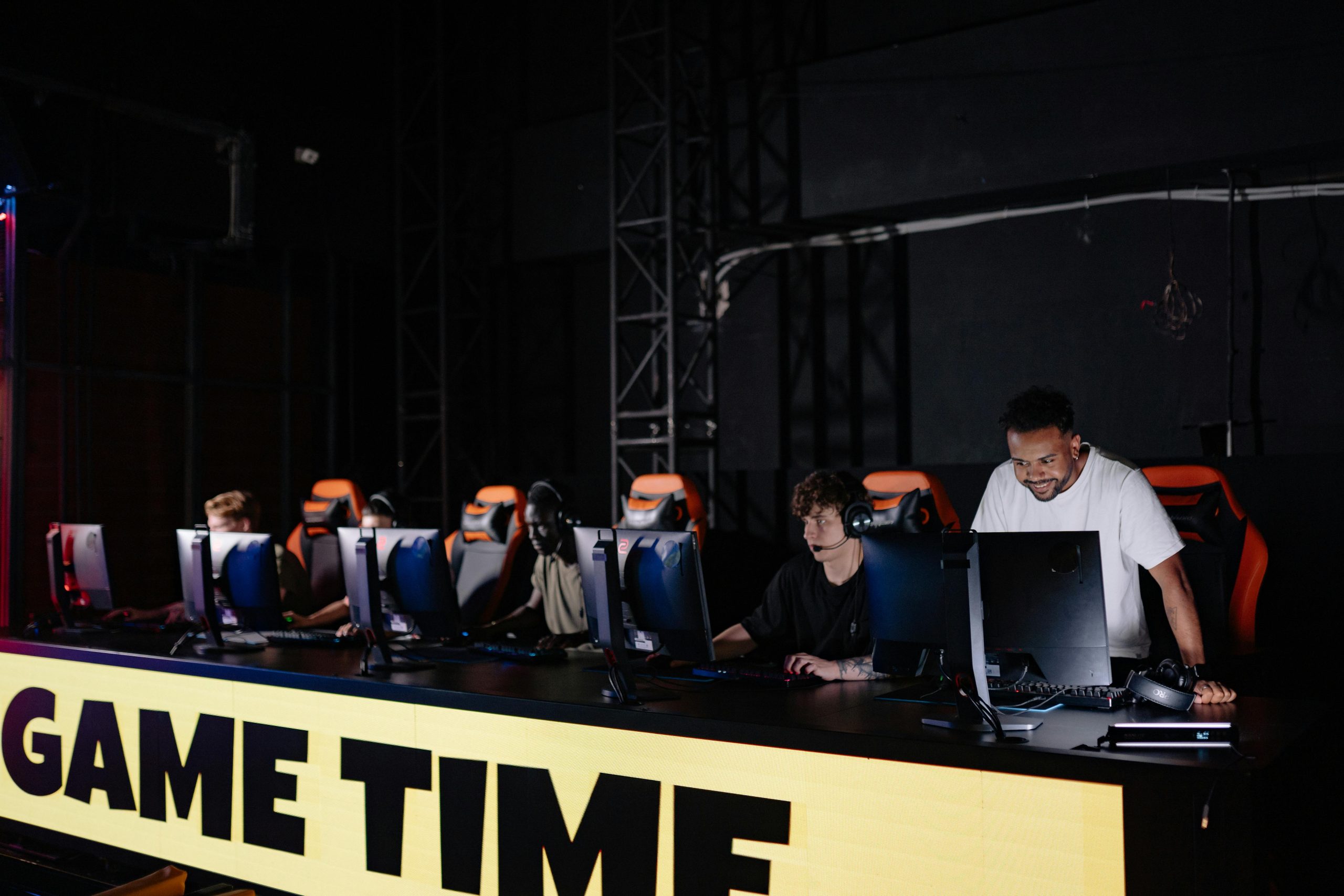Understanding Unpredictable Gaming Performance: Diagnosing and Resolving Sudden Frame Rate Drops
Are you experiencing intermittent performance issues while gaming on your PC, even when your hardware should handle the titles smoothly? It’s not uncommon for gamers to encounter scenarios where a system that typically runs games at stable frame rates unexpectedly dips in performance, without an obvious reason or pattern. If this sounds familiar, you’re not alone.
The Scenario: Dreaming of Consistent Gameplay
Many gamers build or upgrade their systems with the expectation of consistent performance. However, some users notice that their games, which normally run at 60 frames per second (FPS), suddenly start lagging or stuttering, sometimes lasting for days before returning to normal. These fluctuations can be confusing, especially when no clear triggers or patterns are apparent.
Common Challenges in Diagnosing Performance Fluctuations
- Inconsistent Frame Rates Despite Stable Hardware: Even with specs that meet or exceed game requirements, issues can still occur.
- Lack of Apparent Cause: Problems arise without clear correlating factors like recent software updates, driver issues, or system changes.
- No Obvious Background Processes: Users often ensure no resource-heavy applications are running during gameplay, yet performance issues persist.
- Hardware Age: Older components, such as an Intel Core i7-4790K, 32GB DDR3 RAM, and a GTX 1660 Super, may contribute to performance variability.
Potential Causes and Troubleshooting Strategies
- Thermal Throttling
Overheating CPUs or GPUs can lead to performance dips as the system reduces speed to prevent damage. Regularly monitor temperatures using tools like HWMonitor or MSI Afterburner. Clear dust from heatsinks, ensure proper airflow, and consider reapplying thermal paste if temperatures are high.
- Background Processes and System Maintenance
Even if no applications appear to be running, some background processes or scheduled tasks (Windows updates, antivirus scans) might consume resources intermittently. Use Task Manager or Process Explorer to identify resource-heavy processes during gaming sessions.
- Driver and Software Updates
Outdated or unstable graphics drivers can cause inconsistent performance. Keep your GPU drivers up to date from the official NVIDIA website. Additionally, monitor for Windows updates that might affect system stability.
- Power Settings and Power Supply Stability
Ensure your PC’s power plan is set to ‘High Performance’ to prevent throttling. Also, verify that
Share this content:

